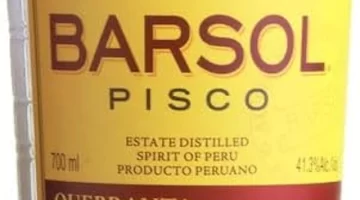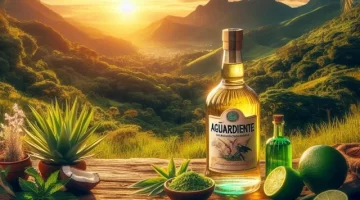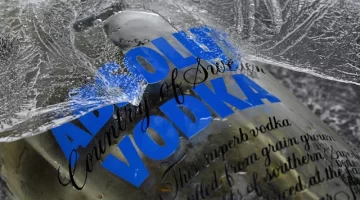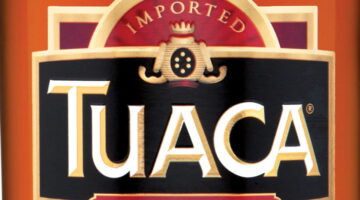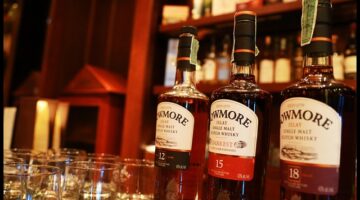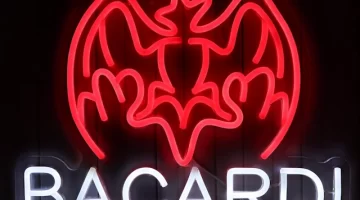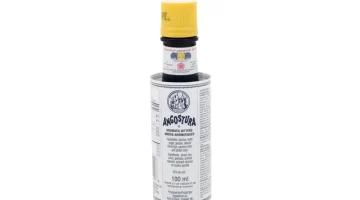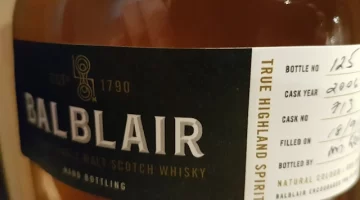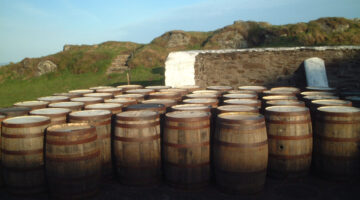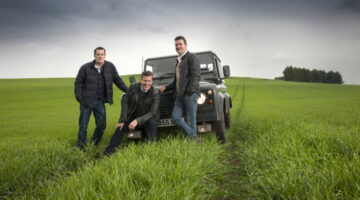District Distilling
After a slow start the craft distilling scene is on the move in Washington DC, and Travel Distilled visits District Distilling, one of the new distilleries.
After a slow start the craft distilling movement in Washington DC is starting to take off, Zach Sheldon tells me. Zach is the Assistant Distiller and my tour guide at District Distilling.
‘The distilling scene started in DC 4-5 years ago with New Columbia Distillers,’ Zach says. ‘Everything has happened within the last five years, so it’s all really young. We’ve been open for two years now. We’re the only ones in DC to have a distillery, bar and full-service restaurant. There are about ten distilleries in and around the city now. It’s a very communal activity. Everyone’s willing to help each other out. It’s unlike any other industry. Some of our rivals store some of our barrels for us and charge us maybe a couple of bottles a year for rent.’

Zach himself is also fairly new to the DC distilling scene. He has a degree in chemistry and was working in a wine shop in New York when a guy came in to give a whiskey tasting session and said: ‘Do you want a job in a distillery?’
Zach now assists Head Distiller Matthew Strickland, who came to District Distilling from Corsair and sits regularly on the judging panels for the American Craft Spirits Association (ACSA) awards. Between the two of them, and 2-3 part-time staff to help with tasks like bottling, they keep the distillery running six days a week. On Sundays they rest.
It’s a tiny operation out of two main rooms on the ground floor of a series of converted 19th-century row houses, at the back of the bar and below the restaurant. Here in these cramped and ramshackle conditions, Matt and Zach have so far produced a range of vodkas, rums, gins, apple brandy, grappa, and crème de menthe. They also have several whiskies at different stages of maturation.
‘Something that sets us apart,’ Zach says, ‘is that we age not just our dark spirits but also the white spirits too. We let the vodka age for two months. Our vodka is 80% rye and 20% barley, which we think gives it a bit of character. We started with vodka, a London dry gin and a bourbon. We use American oak barrels but have also used rum and apple brandy barrels for some spirits, and a porter beer barrel from New Jersey. We do a barrel-aged gin which has a complicated ageing regimen.
‘One other thing we do that’s a bit different is that one of the partners, Molly, forages wild juniper berries from the Davis Mountains in West Texas. They taste a little different from the juniper berries you can buy, and that gives us an edge.’

Zach hands me two different types of juniper, alligator and red berry, which have very different aromas.
‘The alligator is a real tough one. You have to squish it with a hammer.’

Later we taste gins made with the different junipers. The Checkerbark Gin uses alligator junipers with some orange peel, coriander and orris root to give it a little spiciness. Their WildJune Gin is made with red berry junipers along with ten other botanicals including cinnamon and hops. The WildJune won a Gold Medal at the San Francisco World Spirits Competition 2018. There’s also a Checkerbark Barrel-Rested Gin, which has a beautiful golden color to it.
Next we sample their two Buzzard Point rums, the regular white spirit and one that has been aged in bourbon barrels for just over a year. Both are super-smooth, with the barrel-ageing giving more of a bite and caramel/butterscotch taste to the dark rum.
We move on to some of their whiskies, including a deliciously rich rye whiskey that has been aged in porter barrels giving the spirit a chocolatey taste, like a porter itself. There’s a regular rye whiskey too.
‘It’s a blend of two ryes,’ says Zach, ‘one of which has some barley in it. I don’t normally like rye whiskey, but I do like this one. It’s got grassy notes, and is very smooth.’
Finally, as a digestif, we try something from the distillery’s Embassy Row range, showing how much they love experimentation and discovery. It’s their Embassy Row Grappa, distilled from the must from cabernet sauvignon grapes. The grapes come from the Boxwood Winery in Middleburg, Virginia, which is less than 50 miles from District Distilling. As a result the distilling takes place within 48 hours and all the taste and aroma of the freshly-pressed grapes is preserved in the spirit, which has been limited to 50 cases.
There’s also an Embassy Row Crème de Menthe, made from their own vodka, with a combination of mountain mint, chocolate mint, and wildflower honey.
‘You can find our spirits in Texas, California, Maryland, Delaware and locally,’ Zach says, proudly adding: ‘Also our gin is available in the UK, which is really pleasing for us.’
DC distilling may have been slow to start, but there’s no doubt that with people like District Distilling now involved there’s an exciting future in store.
More Information
You can find out more about District Distilling at their website, where you can also book a distillery tour or make a restaurant reservation: http://www.district-distilling.com/
If planning a trip to Washington DC from the UK, visit www.capitalregionusa.co.uk
Also see my review of DC’s Farmers and Distillers.
More Information
You can find out more about District Distilling at their website, where you can also book a distillery tour or make a restaurant reservation: http://www.district-distilling.com/
Also see my review of DC’s Farmers and Distillers.








